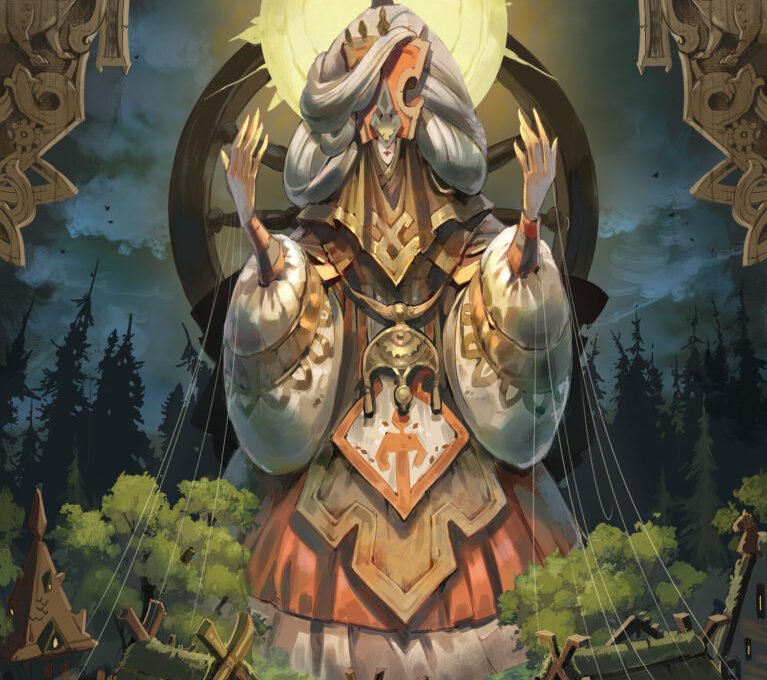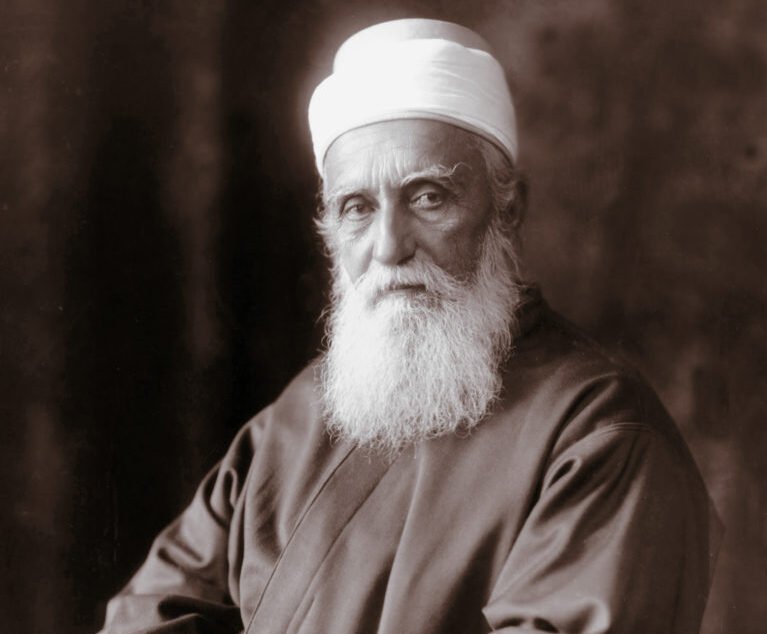Chronos, Kairos and Aion are the three deities of time, events and epic destinies. Here is the multi-religious and multicultural calendar!
Find us on our website Mythology and Legend, on Facebook and on instagram !

The schedule in brief from D-2 to D+5
The complete interactive calendar
Holidays of the month
November 5, 2024 (1 event)
November 5, 2024

On this day, the Greeks celebrated Pompaia. A procession took place with a sheepskin and a staff entwined with snakes. #mythology #myth #legend #calendar #zeus #10maimakterion #pompaia
November 10, 2024 (1 event)
November 10, 2024

Today, Rodnoverians (Russian paganism) celebrate the day of the mother and nourishing earth goddess Mokosh. It is associated with arable and fertile land, protective of divination and magic, as well as spinning and weaving trades. #mythology #myth #legend #calendar #November 10 #slave #mokosh
November 12, 2024 (2 events)
November 12, 2024

On this day, the Greeks performed libations in Ares. This god is known to be that of war and frenzy, but he is also the guarantor god of civil order and courage. #mythology #myth #legend #calendar #November 12 #Ares
November 12, 2024

Today, the Bahais celebrate the birth of Baha-Allah, Husayn Ali Nuri on November 12, 1817 in Tehran. He proclaimed the coming unification of humanity and the emergence of a world civilization. Bahāʾ-Allāh claims to be the “Promised One” of the religions of the past “who came, at the time of the end, to lead the peoples of the world towards justice and prosperity, towards the Golden Age of the history of humanity” . #mythology #myth #legend #calendar #November 12 #Bahaism #BahaAllah
November 24, 2024 (1 event)
November 24, 2024

Today, the Zoroasters celebrate Adaregan, the festival of Atar, the sacred fire/heavenly fire/blazing blaze. The sacred fire was discovered by Hoshang, the grandson of the first man, who allowed it to guide Men. Many legends and rites are linked to Atar. #mythology #myth #legend #calendar #November 24 #zoroastrianism #atar #adaregan
November 25, 2024 (1 event)
November 25, 2024

On this day, the Greeks celebrated Noumenia, the New Moon marking a new month. The Noumenia is the second day of a three-day family festival held every lunar month – the Deipnon of Hekate, then the Noumenia, followed by the Agathos Daimon. #mythology #myth #legend #calendar #noumenia
November 26, 2024 (1 event)
November 26, 2024

Today, Baha'is celebrate the appointment of 'Abdu'l-Bahá as the center of the Covenant of Baha'u'llah. It occurs every year on the 4th day of discourse (Qawl) which coincides with November 25 or 26 depending on when Naw Ruz falls that year. #mythology #myth #legend #25November #calendar #dayofthecovenant #bahai
November 28, 2024 (1 event)
November 28, 2024

Today, Bahá'ís commemorate the death of 'Abdu'l-Baha, the eldest son of Bahá'u'lláh, the Prophet-Founder of the Bahá'í Faith. Born in Persia in 1844 and named Abbas, 'Abdu'l-Baha was the eldest son of Bahá'u'lláh, and from the age of eight he shared his father's exile and imprisonment. Throughout his life he displayed praiseworthy qualities and was known for his kindness and generosity. #mythology #myth #legend #calendar #bahai #abdulbaha #bahaullah
November 29, 2024 (1 event)
November 29, 2024

On this day, the Greeks celebrated Proerosia in Eleusis. Offerings were dedicated to Demeter for with her blessing and favors for the plowing and sowing to come. Without his blessing, the reserves would not be sufficiently abundant to last through winter and early spring in the event of frost. #mythology #myth #legend #calendar #6Pyanepsion #November 29 #GreeceAncient #Eleusis #Proerosia #Demeter
Multicultural and multi-religious almanac
An almanac is a calendar showing the main dates of the calendar, the religious holidays, bearing ephemerides such as the phases of the moon or the duration of the days (lunar and solar calendars).
A calendar is a system for marking dates according to time. Such a system was invented by men to divide and organize time over long periods. The observation of the periodic phenomena of the environment in which they lived — such as the daily movement of the shadow, the return of the seasons or the lunar cycle — served as the first references for organizing the agricultural, social and religious life of societies.
The calendar used today in most of the world is the Gregorian calendar. In everyday language, an ephemeris designates what happens daily; the ephemeris of the day is the list of the significant events of this day.